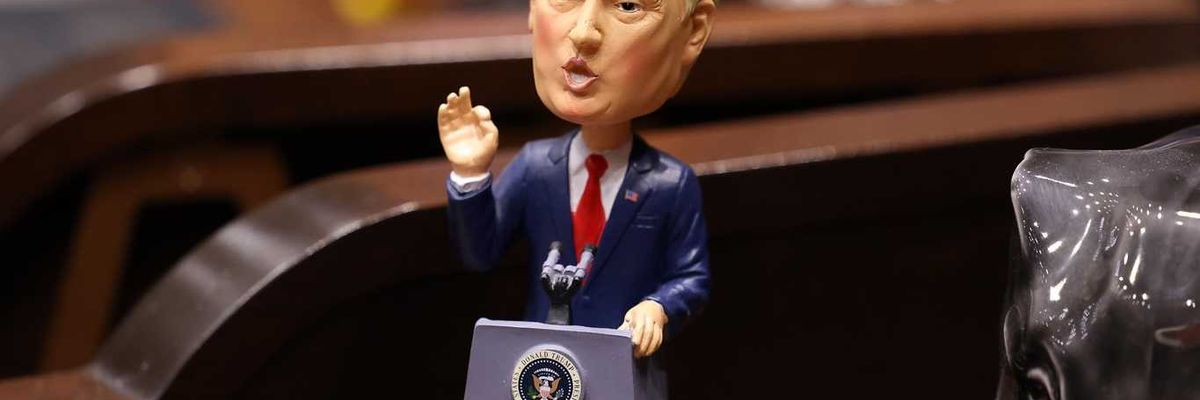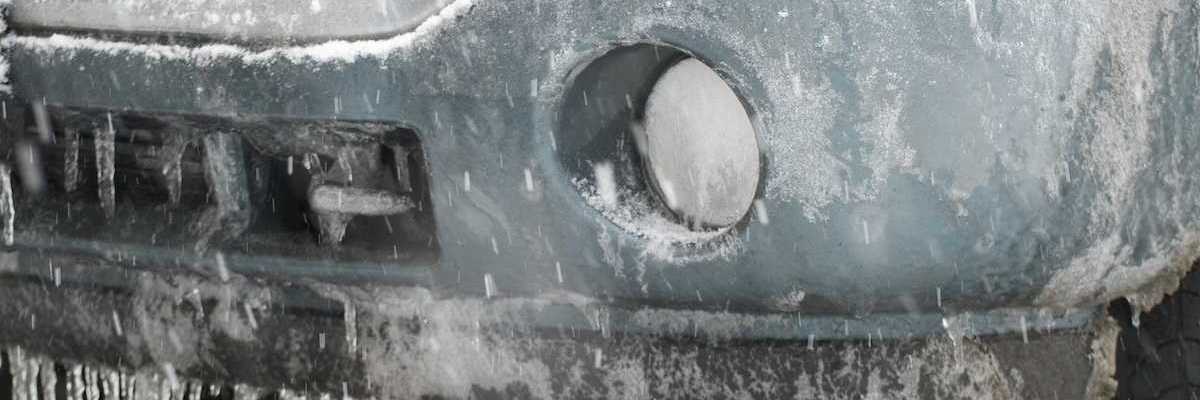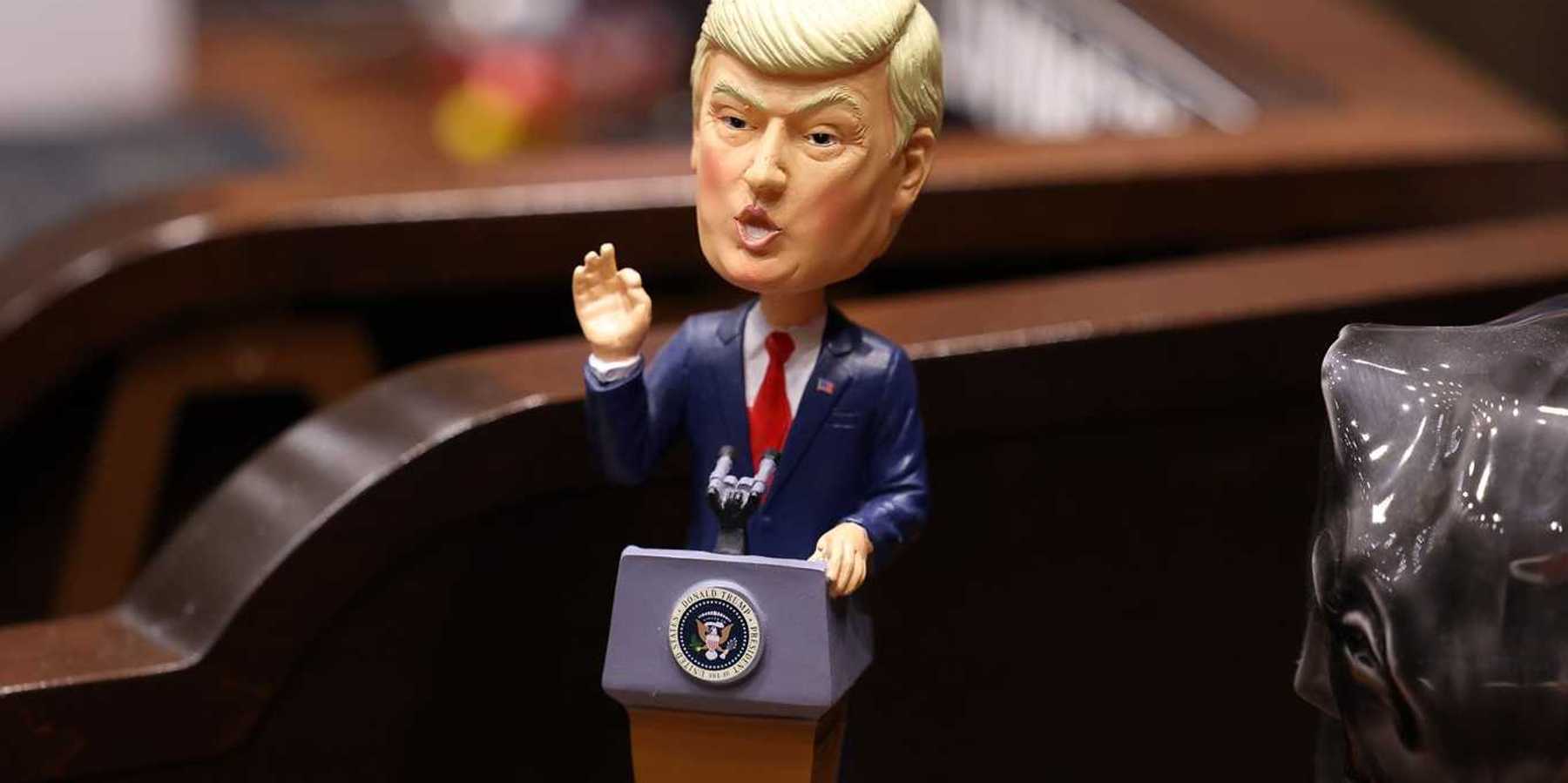bacteria
Scientists use bacteria to recycle metals from old batteries for green tech
Scientists are using bacteria to extract rare metals from discarded batteries and electronic waste, a breakthrough that could support the future of green technology.
In short:
- University of Edinburgh researchers are using bacteria to recycle metals like lithium and cobalt from old electronics.
- These metals are crucial for electric cars, wind turbines and other green technologies, yet are in limited supply.
- Bacteria naturally latch onto and expel these metals, offering a sustainable recycling method.
Key quote:
“Bacteria are wonderful, little crazy things that can carry out some weird and wonderful processes.”
— Louise Horsfall, chair of sustainable biotechnology at the University of Edinburgh.
Why this matters:
The limited supply of rare metals needed for green technology is a major hurdle in combating climate change. Bacterial recycling could create a sustainable loop for these essential materials, reducing dependence on finite resources.
Be sure to read: Recycling critical metals from electronics could ease mining impacts
The bacteria that can capture carbon
Technologists are figuring out how to make nylon green
Chemists use bacteria to convert CO2 into bioplastic
Climate change fuels lifespan of flesh-eating bacteria
A deadly, flesh-eating bacteria is becoming increasingly prominent as ocean temperatures continue to rise as a result of climate change. If global warming is not intervened quickly, this bacteria will only continue to strengthen and pose more of a threat than ever before.
Voluntary measures may not be enough: Bacteria and algae plague Iowa beaches
Dangerous algal blooms crop up across California killing thousands of fish
Toxic algae that can make people sick have been found in popular swimming and fishing spots all around California.









